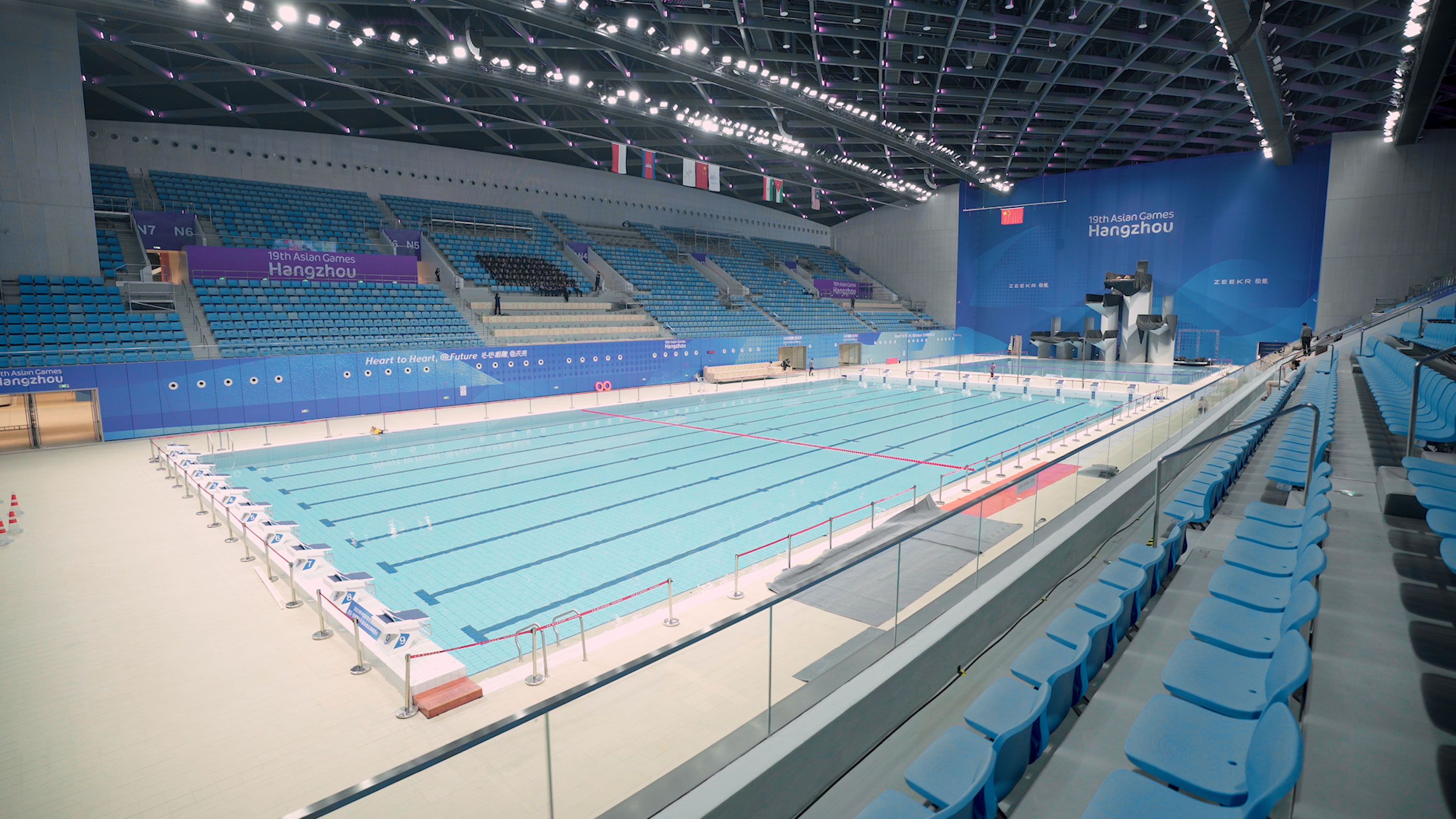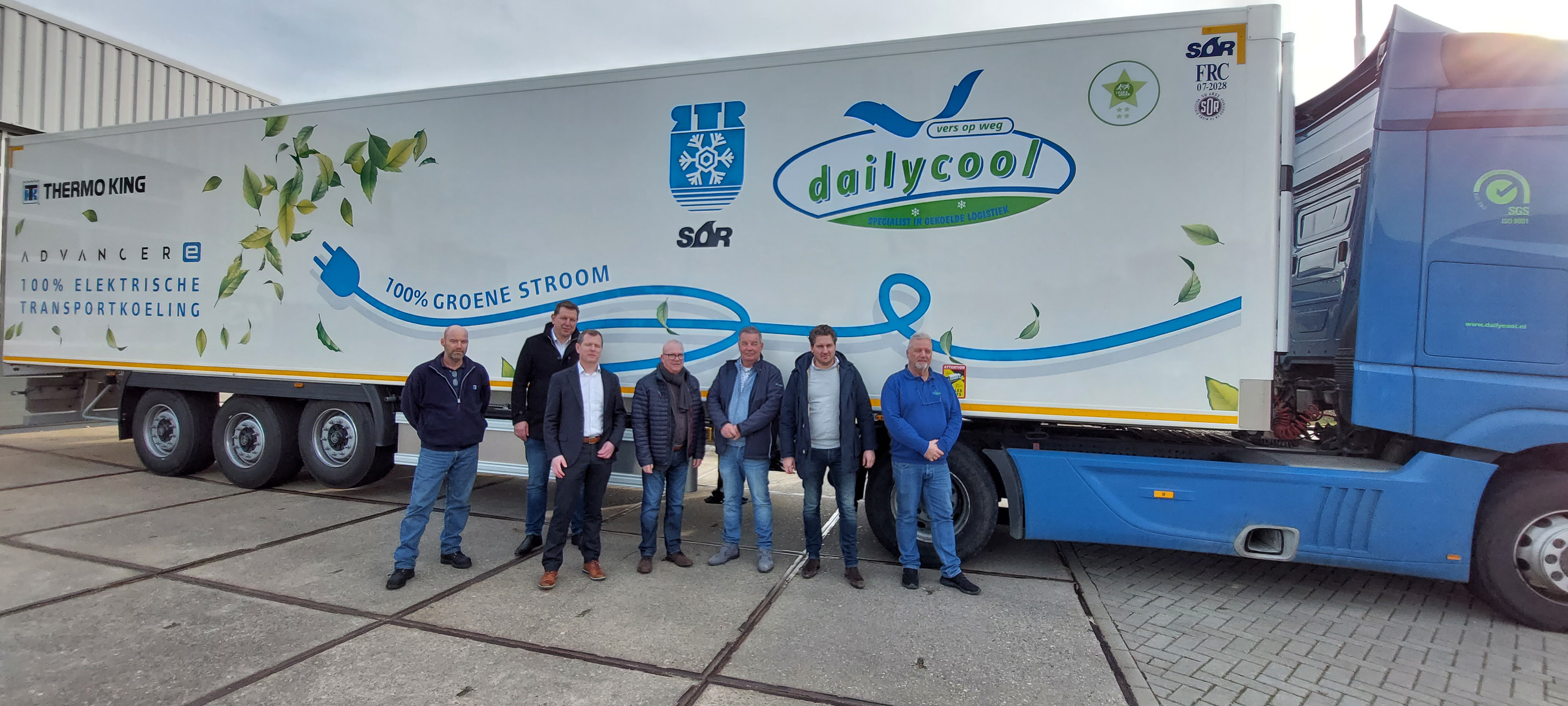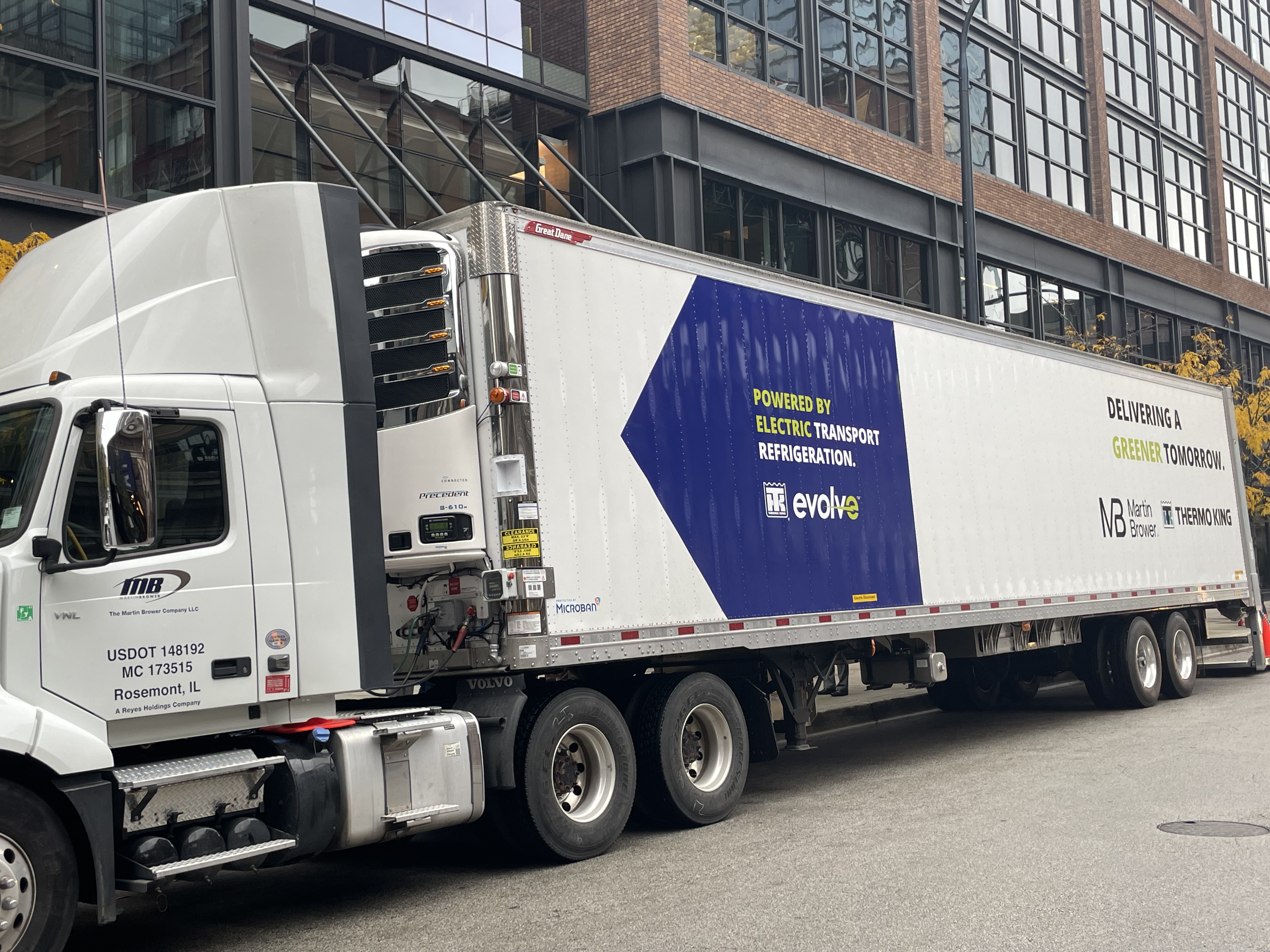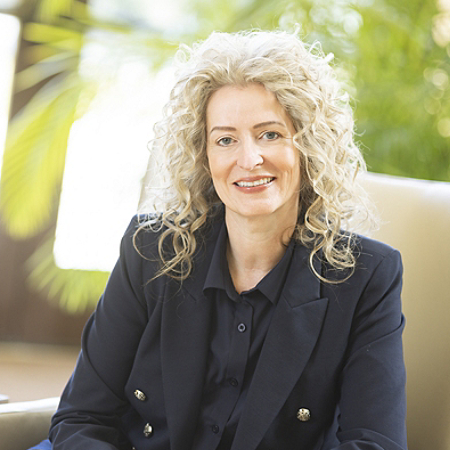To realize a net positive operation for water consumption, the site embraced the next tier of water use evolution to a different scale. That’s why the team has spent the past year planning for the installation of a biological sanitary wastewater treatment plant on site. The plant receives wastewater and sanitary drainage from the site’s restrooms and cafeteria. During treatment, aerobic and anaerobic biological processes remove biodegradable, soluble, organic and nutrient substances, and colloids from the wastewater. The recycled water can then be used in on-site business operations.
Product manufacturing across the three plants requires the consumption of approximately 6,190 m³ of water annually. The proposed water treatment plant would produce approximately 7,248 m³ of recycled water, allowing all production to be net positive for water consumption and leading the way to Trane Technologies’ 2030 net positive water commitments.
“We are looking for continuity in the business, which is why a Biological Wastewater Treatment Plant was the next right step in addressing the scarcity of this vital resource,” explained Rigoberto Mena, Maintenance and Facilities manager for Trane Monterrey. “Besides our condensed and rainwater recovery systems that save up to 30% of our consumption for our processes we needed a solution that would bring us closer to our net-zero goal.”
The benefits of the wastewater treatment project extend far beyond significant environmental impact: By lessening the water demands of its site, the team also reduces the economic risks of water supply cut-offs or ecological taxes and fines. Preserving clean water for the people of Monterrey strengthens the workforce and uplifts the local community. And the surplus of recycled wastewater can even be donated back to the government for redistribution, impacting the region at large.
Turning ambition into action
Leading by example in sustainability doesn’t happen overnight. Rigoberto Mena, maintenance and facilities manager for Trane Monterrey, credits much of the team’s success to the company’s annual five-year strategic planning process. Using the Hoshin Kanri method, they set out three- and five-year objectives, development and action plans and metrics, all in pursuit of contributing to Trane Technologies’ 2030 Sustainability Commitments.
Small, daily choices also contribute to a culture of sustainability. Visual reminders and ongoing discussions constantly remind employees of ideal energy-saving behaviors. And systems like the Energy Suggestions Mailbox, built to encourage and capture employee’s ideas and solutions, underscore the value of teamwork and shared purpose. According to Tania Guerrero, supervisor in Control Engineering and Strategic Projects, many of the most effective ideas have emerged directly from Rigoberto and his maintenance team.
“Rigoberto Mena has been a pioneer in the Monterrey plant with the establishment of our energy management system in 2016,” Tania said. “We are proud to say that thanks to all of the crucial work from the maintenance team with water saving and energy efficiency projects and his leadership of our culture of sustainability, we know we have made an impact on our progress toward our sustainability commitments and our net-zero objectives.”
Not surprisingly, the team has other big projects and goals on the horizon, including LEED Certification, converting air handlers to variable-speed, installing ice storage systems, cogeneration and Tesla batteries for energy storage from the new solar panels, among others.
With a collaborative culture of possibility, it’s clear that the Monterrey team will continue to lead the way in meeting global challenges with bold thinking, strategic commitments and decisive action, transforming the industry in ways that are better for business – and the planet.



















